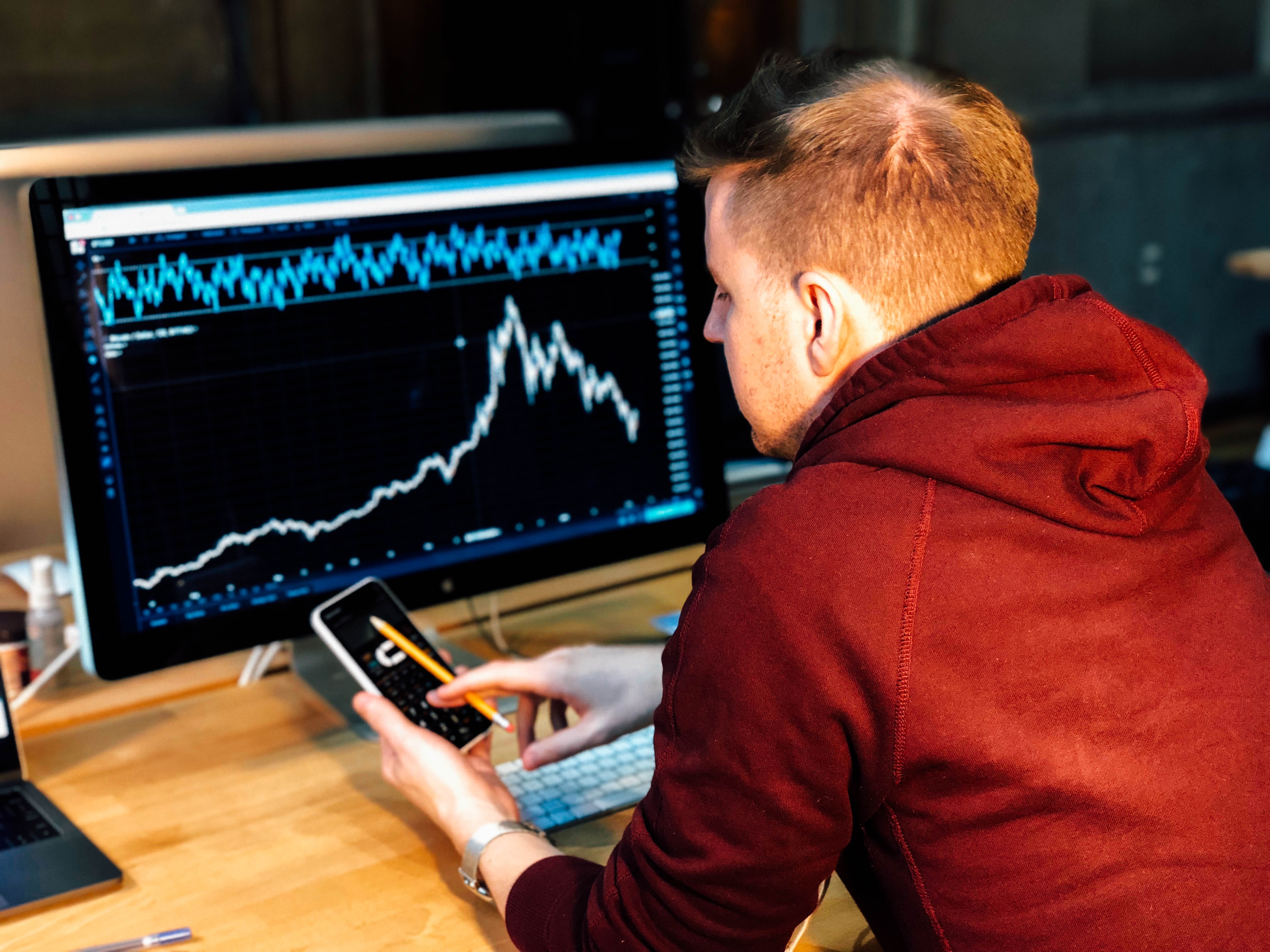If you've been involved in the cryptocurrency/blockchain community for a while, chances are you've come across the acronym, OTC. For most of our English-speaking users, the first thing that comes to mind when seeing these three letters will most likely be the medicine that's available over the counter, i.e., without a prescription. And although we're talking about finance rather than pharma, the association is not entirely unfitting.
First of all, OTC does stand for over the counter. And second, it does alleviate quite a few of the ailments plaguing traders in an emerging market like crypto.
In this article, we will go over what OTC trading is relative to the crypto market, the benefits, when it should be used, and the common misconceptions and known risks to be aware of before you get started.
What is OTC trading?
In traditional finance, the term is mainly used for bonds and derivatives trading. But it also applies to stocks that don't meet the listing requirements of stock exchanges such as the NYSE or NASDAQ as well as trading activity in securities that may be listed on such exchanges but undertaken by large investors who want to stay anonymous and preserve price stability.
In the crypto community, "Over the counter" refers to the trades being done off the order books of cryptocurrency exchanges, meaning that the seller is directly matched with a buyer (and vice versa) without going through public order books.
What are the benefits of OTC?
You may have known about OTC already, but were you aware that OTC trading actually makes for a bigger share of total crypto trading volume than all trading on regular exchanges combined?
This is because OTC trading can be advantageous if a user tries to execute a big order, e.g., a BTC buy order for CHF 20 million. Placing such an order on a regular exchange, there is a chance that it won't be executed in its entirety if the order book does not provide sufficient liquidity. Only one part may be executed. Different, more advantageous prices can be obtained OTC for consequent trade positions. Big orders can create price pressures and thus move the price of a cryptocurrency (e.g., a 10% change in price due to big sell or buy orders).
When you are directly matched with a seller/buyer, you avoid the slippage problem. Slippage means that a trader can get a different price than the one they see on an online exchange due to the fact that there is a time delay between the placement of the order and the actual execution by the software. If the market is volatile, and the trade volume is high, the effect on the overall position might be substantial.
Another important benefit is privacy. Traders with significant holdings, commonly referred to as "whales" in the crypto world, don't want their trading activity publicly known and often resort to OTC trading in order to keep a low profile and avoid affecting market sentiment.

Who should use OTC trading?
The notion of "whales" provides a good segue into the question of who OTC trading is actually for. As mentioned above, the main incentives for using OTC are maintaining privacy, avoiding slippage, and negatively affecting the crypto market.
Only big orders, over CHF 5 million, should be executed OTC. For smaller orders, you will almost certainly get a better deal going through online cryptocurrency exchanges.
How does it work?
Bity works with verified and trusted OTC dealers. We match our clients with the right buyer/seller. We also get multiple prices, from multiple OTC dealers, to give the best possible options to choose from.
Common misconceptions
The most common misunderstanding people have about OTC trading is the idea that they can get better prices for their trades than on regular online exchanges. Traders with comparably smaller orders of "just" a couple of hundred thousand CHF are always better advised to go through a regular crypto exchange. This way traders have access to higher liquidity and a better price. There won't be an OTC counterparty willing to offer traders a better price than the one on the online exchanges.
The second common misconception is that people think they can get "discounts" when they invest large amounts of money in cryptocurrencies. This is simply not the case since Bitcoin, for instance, has a limited supply - meaning that only 21 million bitcoins will ever be mined. Therefore, you do not get a discount as you would when, say, buying 15 pairs of socks instead of just one. The only "discount" a trader can get is a better price for large investments (e.g., CHF 15 million) than they would on online exchanges since the order book might not be big enough to absorb an order of that size.
Risks of OTC trading
The main risk associated with OTC trading is the illiquidity problem. This means that there might not be enough buyers or sellers in order to fill a big order. The second common problem is counterparty risk. The buyer or seller might not deliver on their part of the OTC deal. It is very important to work with the right OTC dealers in order to protect yourself against these risks. You need a trusted and secure intermediary for your OTC trades.
OTC Tools and Resources
Coincentral.com has compiled a comprehensive guide to OTC trading that is definitely worth a look if you intend to delve deeper into the subject.
Let us help you with your OTC trading needs
We offer comprehensive OTC trading services for individuals or businesses looking to execute large orders of cryptocurrency. Head over to our OTC trading product page to learn more and get started today.
Co-written by Benjamin Schmitt
Edited by Heather Dorff